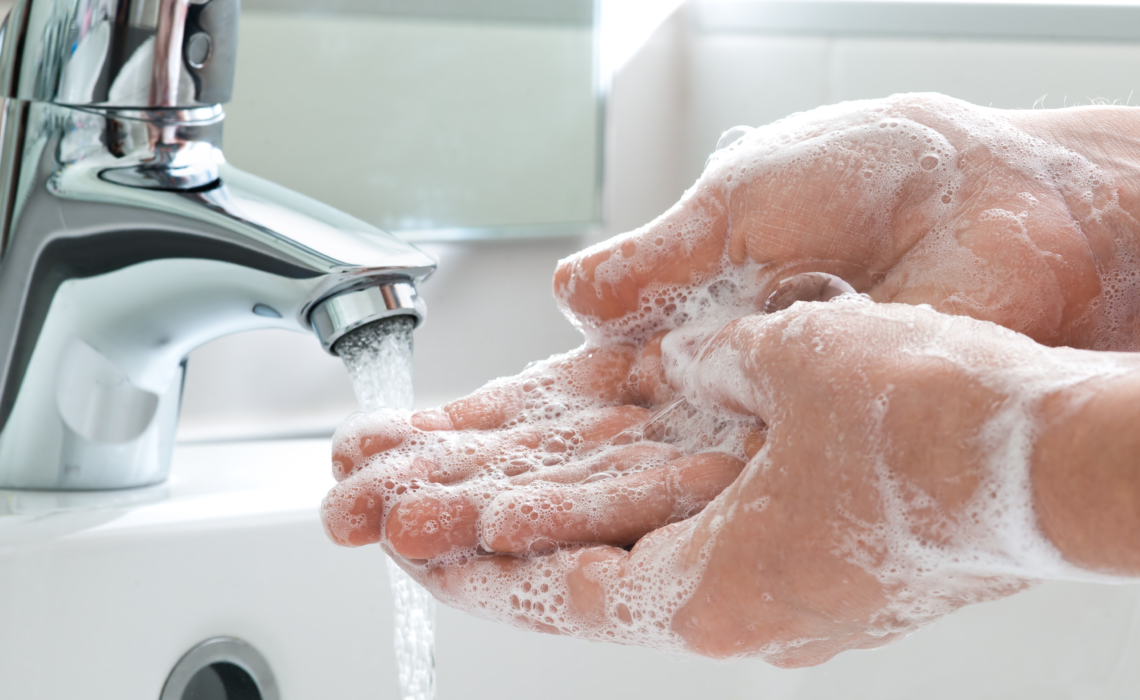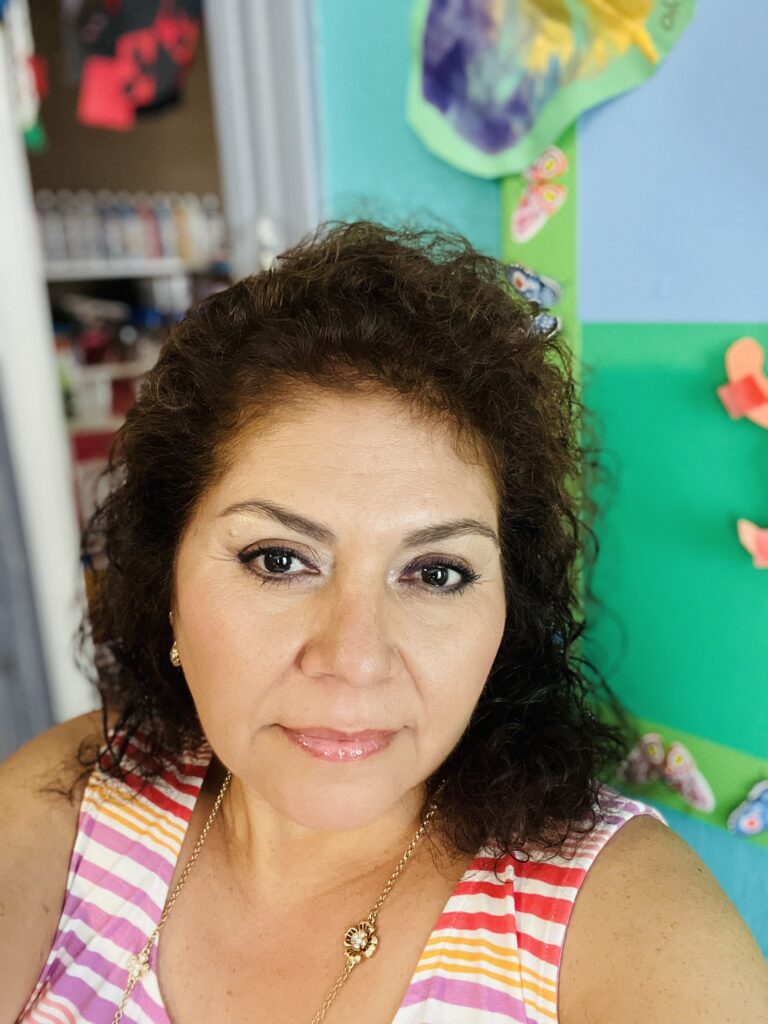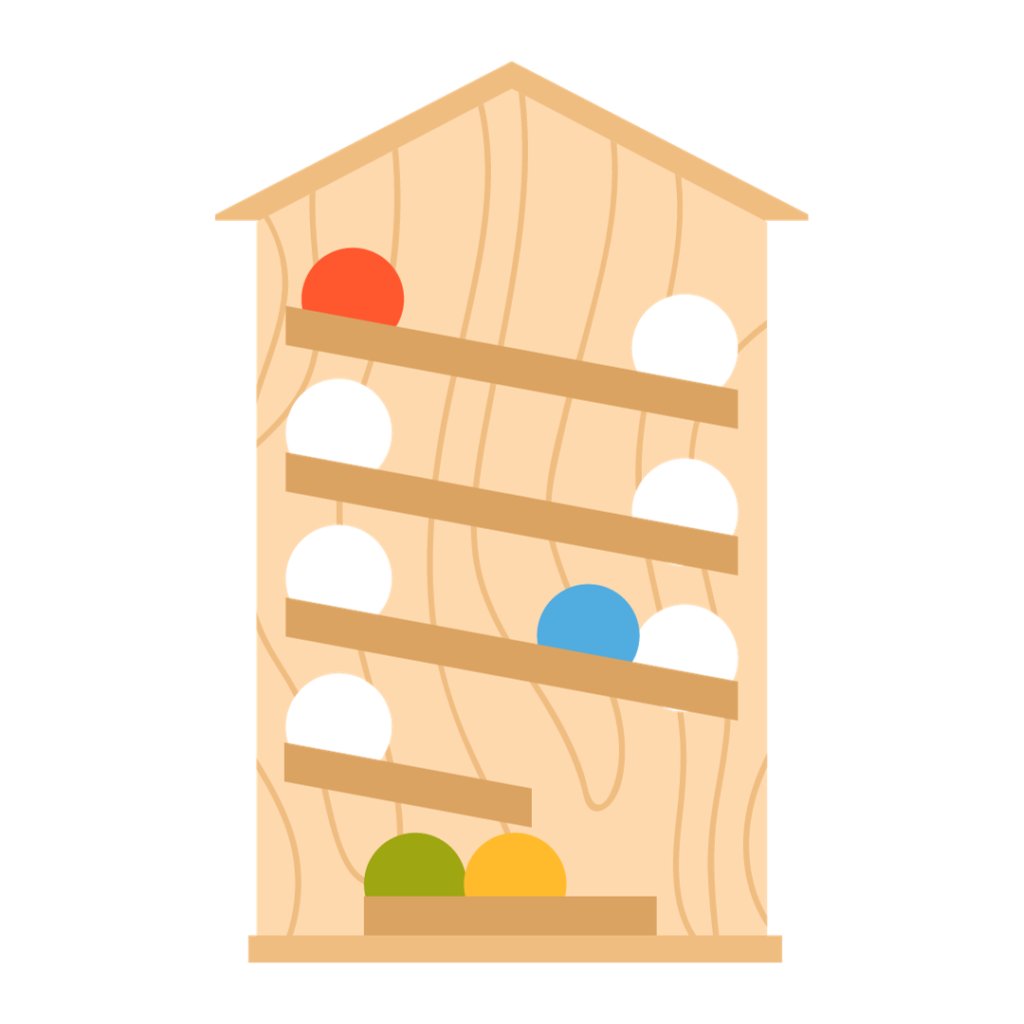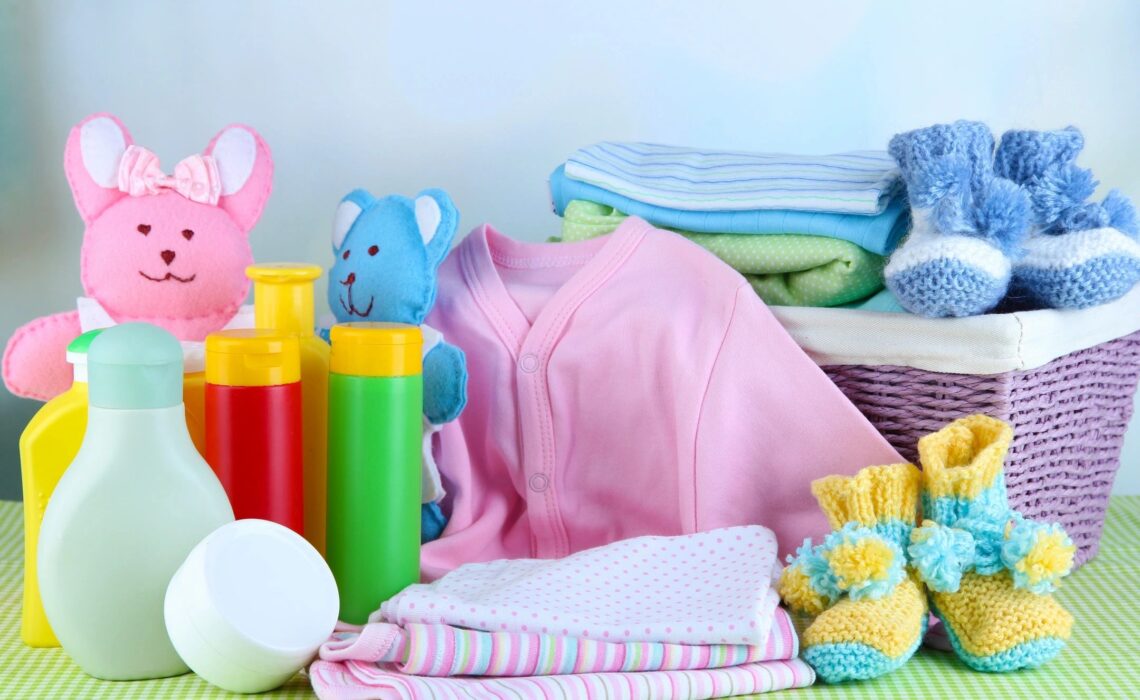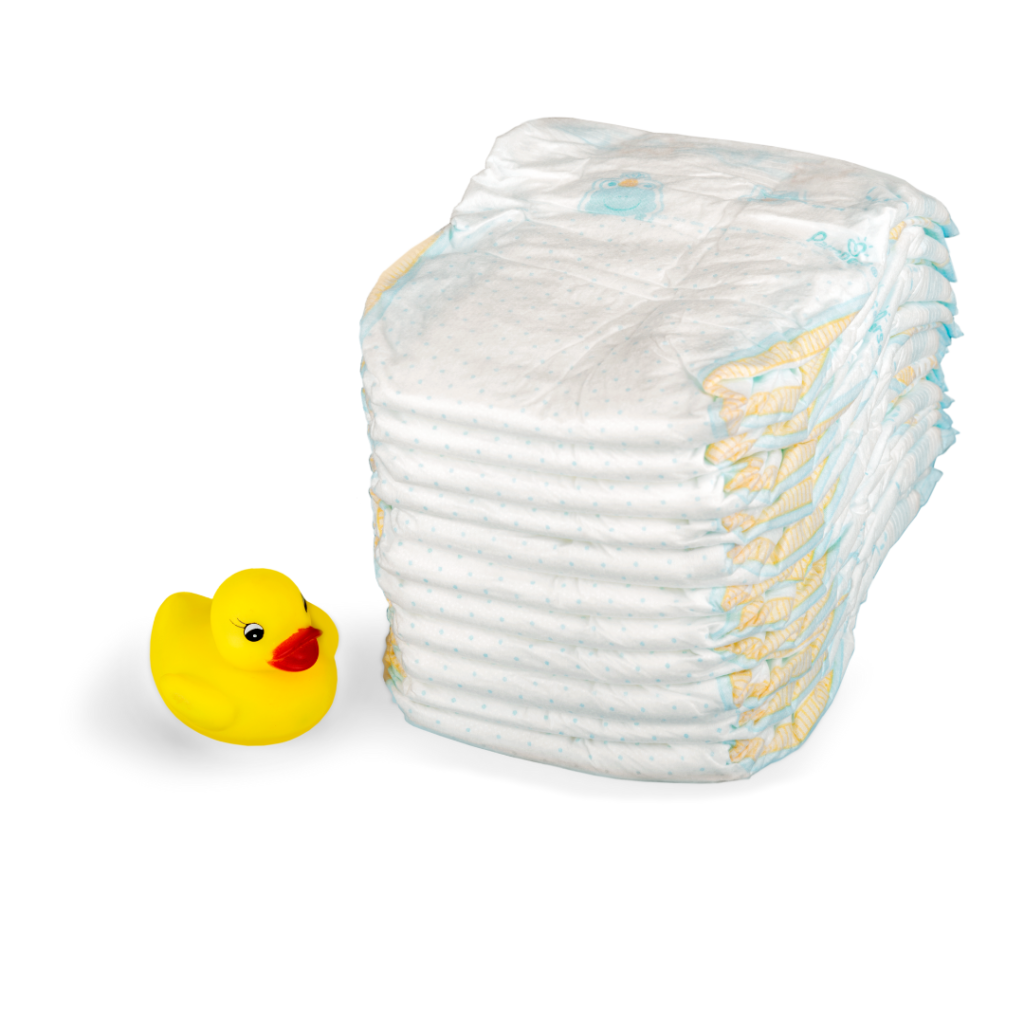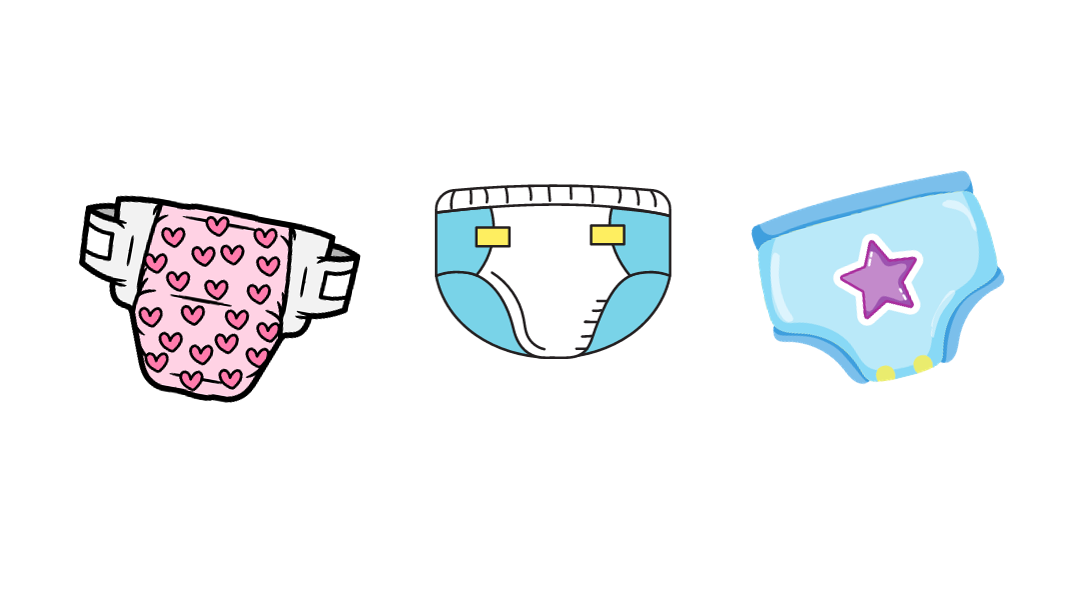It is important to vaccinate children
Inform all about vaccines and immunity, what vaccines are made of, and how they are kept safe.
https://www.cdc.gov/vaccines/parents/downloads/parent-ver-sch-0-6yrs.pdf
Timely vaccination during childhood is critical because it helps provide immunity before children are exposed to life-threatening diseases. Vaccines are evaluated to ensure that they are safe and effective for administration to children at the recommended ages.
Different vaccines work in different ways, but each vaccine helps the body’s immune system learn how to fight germs. After receiving a vaccine, it usually takes a few weeks to develop protection, but that protection can last a lifetime. Some vaccines, such as the tetanus or seasonal influenza (flu) shot, require booster doses from time to time to maintain the body’s defenses.
It is important to visit the pediatrician in the first months of life of children. By at least the second month the baby must have received his first dose of vaccine. Usually in the first visit with the pediatrician the baby will receive the dose. You can purchase your doses at your clinic from their primary doctor.
Your child is exposed to thousands of microbes in their environment every day. This happens through the food they eat, the air they breathe, and the things they put in their mouth.
Babies are born with an immune system that can fight most germs, but there are some deadly diseases it can’t fight. That’s why they need vaccines to boost their immune system
Vaccines use very small amounts of antigens to help your child’s immune system recognize and learn to fight serious diseases. Antigens are part of microbes that trigger the body’s immune system to work.
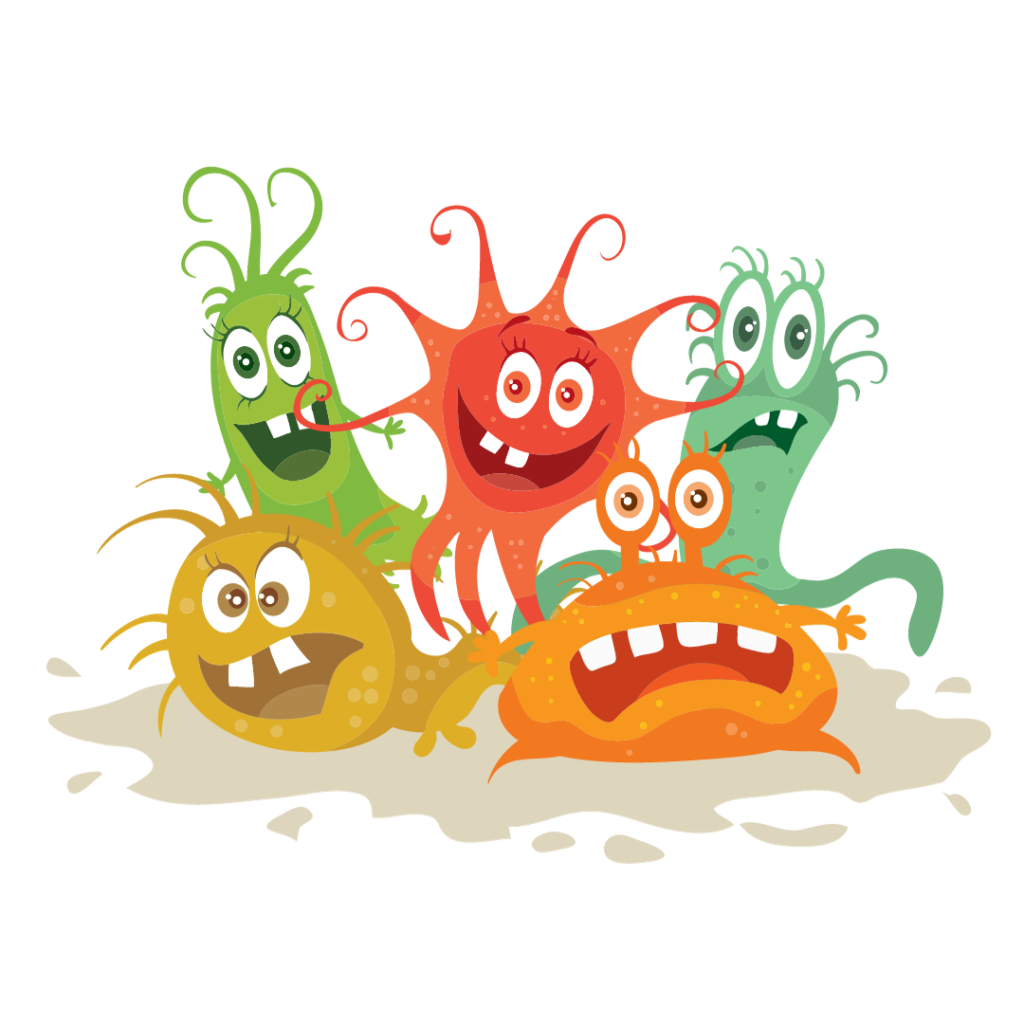
It is very important that when your baby is ready to be dropped off at daycare or school, they already have the necessary vaccinations for their age. To reduce the risk of getting sick, your child, the daycare center and all children in your care must be up to date. with the vaccines recommended by the American Academy of Pediatrics (AAP) and the Centers for Disease Control and Prevention (CDC).
What is the policy?
When choosing a child care setting for your child, be sure to consider this critical point: what is the institution’s policy regarding sick children?
Common diseases in the nursery:
Viruses responsible for colds or flu (influenza) cause the most common illnesses in daycare. Even if your child is vaccinated, he or she can catch viruses that cause colds, sore throats, coughs, vomiting, and diarrhea. Most babies in daycare have 8 to 12 colds a year, just a few more than they would if they were cared for exclusively at home.
After the first year a child attends daycare, the number of respiratory illnesses decreases so that by the second or third year, they have an average of four of these illnesses a year. The child usually suffers from diarrhea once or twice a year.
Recommendations on when children should not attend daycare:
The main reasons for not sending a child to daycare or school due to the condition:
- That this prevents the child from participating comfortably in the activities.
- The child requires more attention than staff members can provide without compromising the health and safety of other children.
- That the child represents a risk of contagion of a harmful disease to others.
Are there repercussions if you decide not to vaccinate your children?
Those who want to go over this law, who don’t want to vaccinate their children, are only allowed to do so for two reasons: religious and medical. Those are the two exceptions.”
Vaccination requirements for school and child care are different in each state. Check with the school system or daycare to find out the requirements where you live.
Courtesy of Precious Moment Child Care
References: ( www.primerahora.com , Aug 6, 2021)
(wwwnc.cdc.gov , n.d.)
(Pediatrics), 3/22/2017)

